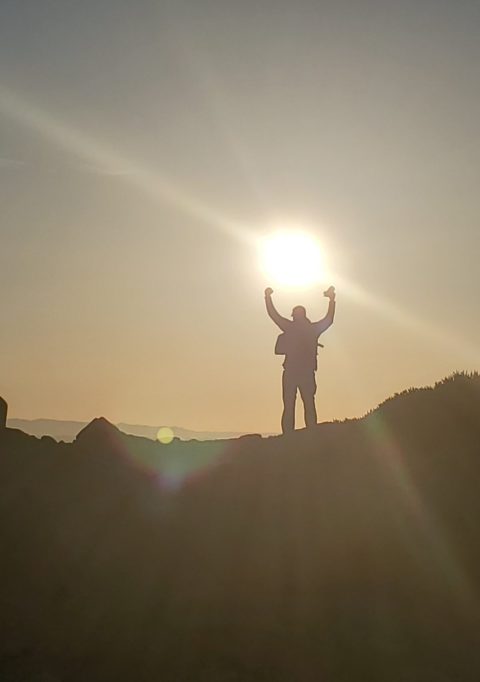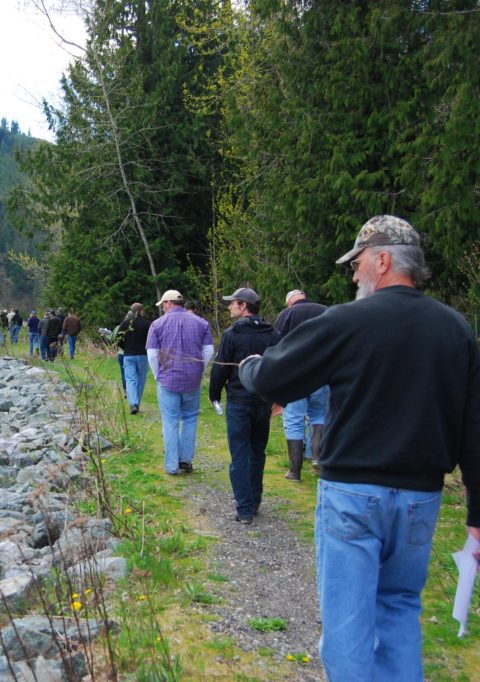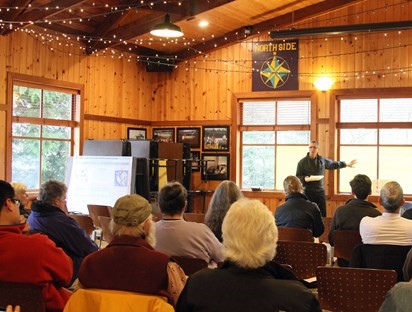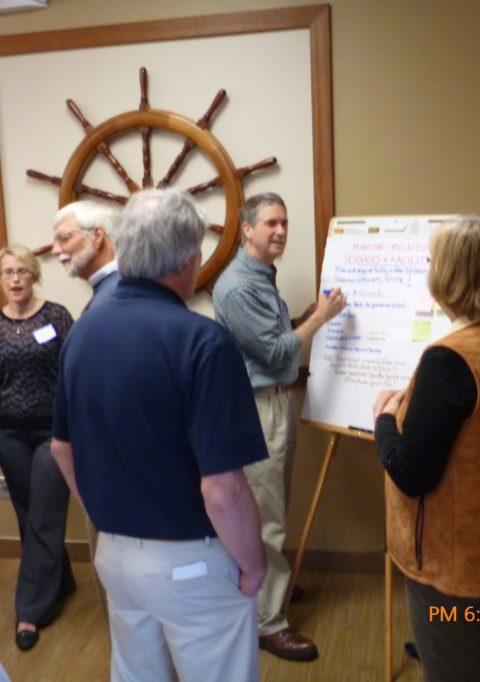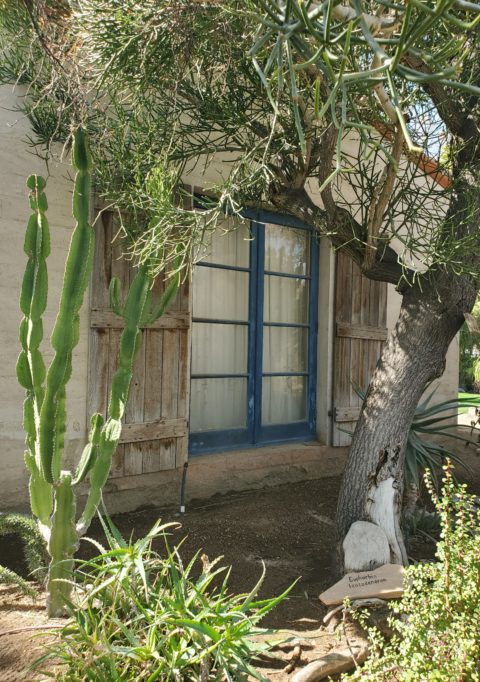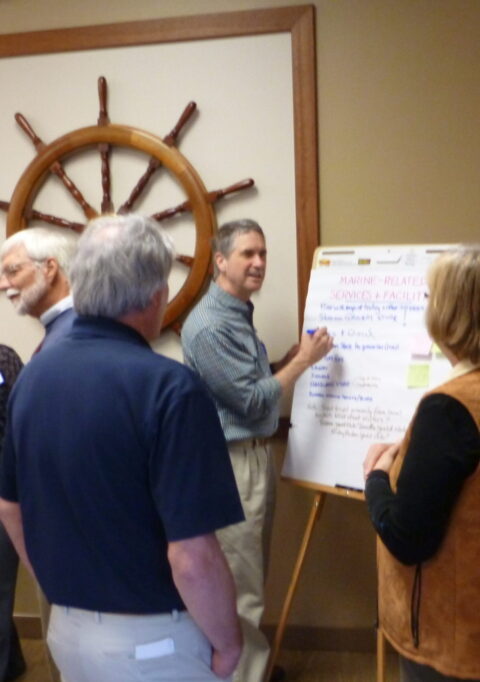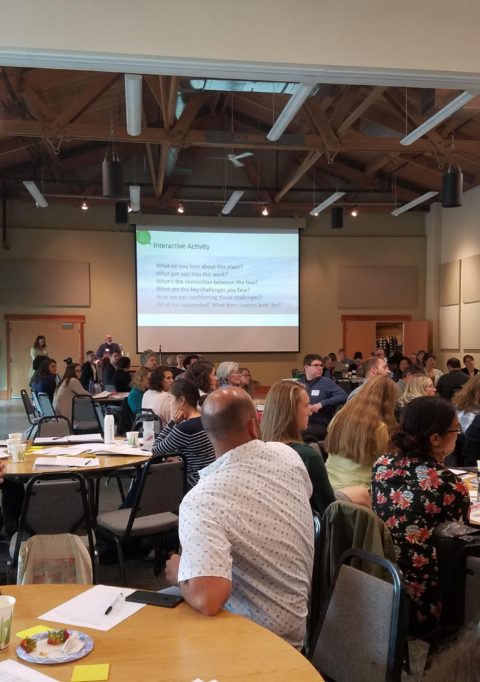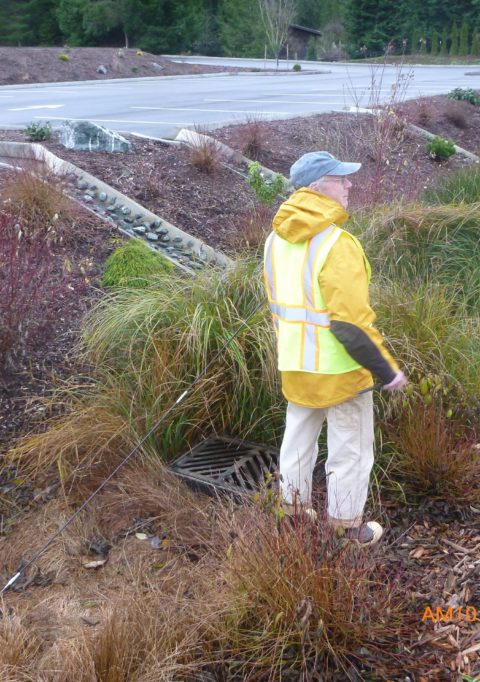Vancouver, Wash. – Maul Foster & Alongi, Inc. (MFA), a leading Pacific Northwest multidisciplinary firm, is excited to announce the acquisition of Peak Sustainability Group, a respected Bellingham, Washington-based firm specializing in climate change and sustainability services. The acquisition of Peak reflects MFA’s ongoing commitment to environmental stewardship and sustainable business practices. This partnership enables MFA…
Strategic resilience in the US wine industry
How to be resilient when wildfire threatens an industry
Wildfire smoke can impact the quality of wine, but vignerons won’t know what the damage is until the wine is opened.
Grapevines themselves are pretty resilient to fire, but wildfire smoke can taint the flavor significantly AND the impact might not be revealed until the wine is bottled and opened which could be years later. Thus, the West Coast wine industry and vignerons are taking steps to address increased risks from wildfires happening due to climate change:
Wildfire smoke threatens Washington’s billion-dollar wine industry (msn.com)
1) Harvest earlier and make whites and Rosés instead of reds which “spend more time in their skins.”
2) Seek increased access to crop insurance.
3) Request controlled burns to prevent devastating and unpredictable wildfires.
4) Recommend research to identify standardized screening tools for smoke-exposed grapes and compounds that serve as barriers to smoke damage. (The Smoke Exposure Research Act in Congress)
Among all the complexities of creating good wine, vignerons (people who cultivate grapes) must now consider exposure to wildfire smoke.
Components of strategic resilience
It turns out that history points the way on how to survive the unpredictable and be more resilient. A 2020 study by A. Gilinsky et al entitled, “An exploratory investigation into strategic resilience in the US wine industry” (https://lnkd.in/gBZCpWhN) proposes four components for organizational resilience – realizing a need, building stakeholder support, securing resources, and experience, and exemplifying best practices.
A resilience mindset boosts the likelihood of positive outcomes
Resilience should be seen as the ability to deal with adversity, withstand shocks and continuously adapt and accelerate as disruptions and crises arise over time.
The study reveals that organizations that are more resilient – whether in the wine industry or not – can develop these four “organizational muscles.”
- Make sense of circumstances and be open to change;
- Build stakeholder support and make strategic decisions based on shared beliefs, promote entrepreneurial spirit, and leverage external relationships;
- Secure resources and capacity to recover quickly from mishaps or mistakes, listen to feedback, and foster organizational and leadership flexibility;
- Plan your responses, share knowledge, err on the side of action, and develop resources quickly.
The value of adaptability
Furthermore, “One of the hallmarks of a successful business is adaptability, regardless of what its business plan might say to do. For some wine businesses, the environment is too turbulent for extensive planning to be beneficial.
“Managers of wine businesses must find the right balance between planning and remaining operational. No matter how well a plan has been thought out, unexpected events – ‘black swans’ – will happen (Taleb, 2007, pp. 203–4). When a crisis occurs, managers may find that there is not enough information to allow them to follow a comprehensive plan.”
32.-STRATEGIC-PREPAREDNESS-AND-RESILIENCE-IN-THE-U.S.-WINE-INDUSTRY_AN-EXPLORATORY-STUDY-.pdf (academyofwinebusiness.com)
Be proactive not reactive
Finally, in the face of setbacks, being proactive is helpful. “The contribution of a proactive, healthy organizational culture is not only vital to good strategy implementation but also a healthy organizational culture is linked to organizational resilience. (Kahneman, 2011, p. 263)”
The World Economic Forum recognizes that institutions are not fully prepared for our new reality and often react to each disruption. This position is untenable and organizations are finding that their current risk management practices must evolve to suit this new environment. Leaders are now discussing resilience as an essential condition.
Adopt an adaptive mindset
The big lesson in living in an environment of unpredictability is to adopt strategic resilience with an adaptive mindset and flexible, collaborative organizational structure. It may be more important than following a careful plan for the future. Instead, being alert to what could come over the horizon helps organizations withstand shocks, recover, and adapt to this new reality.




